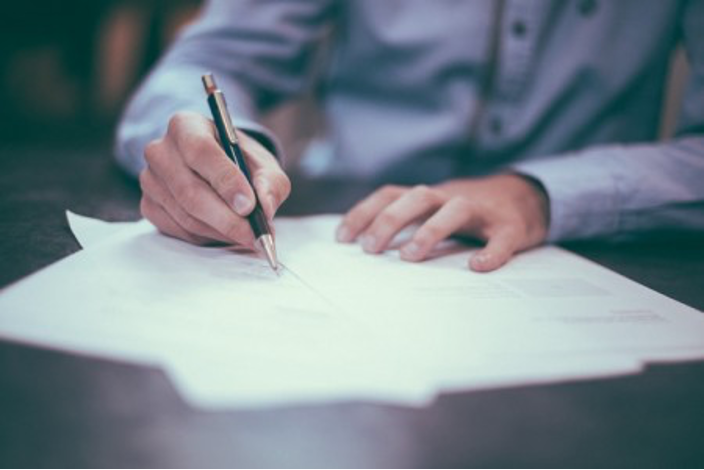

When you move into a new apartment, you sign a lease that outlines all of the rules that you and your landlord agree on for the property. Like any document, you have to read the fine print to make sure you don’t miss anything important. The lease is legally binding, so it is important that things are clear before you sign the lease so that you are not breaking the lease accidentally. Knowing what to look out for in a lease can help you avoid legal trouble and extra payments down the line.
Termination policy
A property’s lease has information about the termination policy. It should outline when the lease is up and what would happen if you need to terminate the lease early in case you get a job or need to vacate for some other reason. Some landlords may not be willing to be flexible, but you may be able to negotiate a clause that allows this under certain circumstances. This is especially true if you are expecting to move after the semester. If not, see if you can sublet to someone else until your lease is up so you are not wasting money. Again, you will have to check the subletting policy in the lease to see what is and is not allowed.

Image: Scott Graham via https://unsplash.com/photos/OQMZwNd3ThU
Payment information
One of the most important pieces of information you need to look for in your lease is the rent payments. Be sure to know how much is due and when, as well as how to make the payment. You may have to mail it in, drop it off, or even pay online. The lease should also specify which utilities are covered, if any. See if there is a grace period for when rent is due just in case things come up, and any consequences that you may face for being late.
Another piece of payment information that is usually specified in the lease is deposits. The lease should specify how much you owe in deposits before signing the lease so you know upfront what is expected. The lease should also say if the deposits are due all at once or over a period of time.
Maintenance
Maintenance is one of the biggest things that should be spelled out clearly in the lease. You may be responsible for small things like changing lightbulbs and the batteries in the smoke detectors, but make sure you know ahead of time. Make sure the lease also specifies how to make a maintenance request for bigger things like plumbing issues or a flooded basement. Knowing what is your responsibility and how you can have everything else taken care of is important info, and it should be outlined in the lease. Be on the lookout for clauses that say the landlord is not responsible for major repairs and maintenance as this is illegal. Landlords are legally required to manage major maintenance and repairs.
Rules of the property
While you may rent a house or property, it is not yours. The landlord likely has rules about what changes you can make to the property, including painting the walls and hanging art with nails. Be sure to ask if you plan to do these things and the information is not in the lease. Again, the lease should lay out rules regarding subletting, which is crucial if you plan on being away from the property at any given time. The lease should say if the landlord requires renter’s insurance or not and what needs to be covered by the insurance.
Pets
If you plan on bringing your pet with you, you will have to be sure that they are allowed in your house or apartment. Some properties do not allow animals, while others allow pets but have an additional fee on top of rent and any utilities. The lease should say the rules and restrictions, so be sure to read or ask. The lease should outline any additional fees, including damage, cleanup, and “pet rent.”
General tips
In general, when signing a lease, be sure to read everything. Keep a copy in a safe place just in case you need to reference it for any reason. Be sure to ask questions about anything that is unclear. Make sure everything is correct, including your name and your roommates’ names (if applicable). If you feel like something is missing from the lease, make sure to clarify it with your landlord so you are not held responsible for missing information. If there is something you do not agree with, do not be afraid to ask your landlord if you can change it in the lease. Do not hesitate to ask questions if something comes up that you did not think about before.
It is crucial that you thoroughly read your lease so that you are aware of what rules to abide by and what you are legally bound to. If anything is unclear or seems off, be sure to ask for clarification before signing.



 Equal Housing Opportunity
Equal Housing Opportunity

